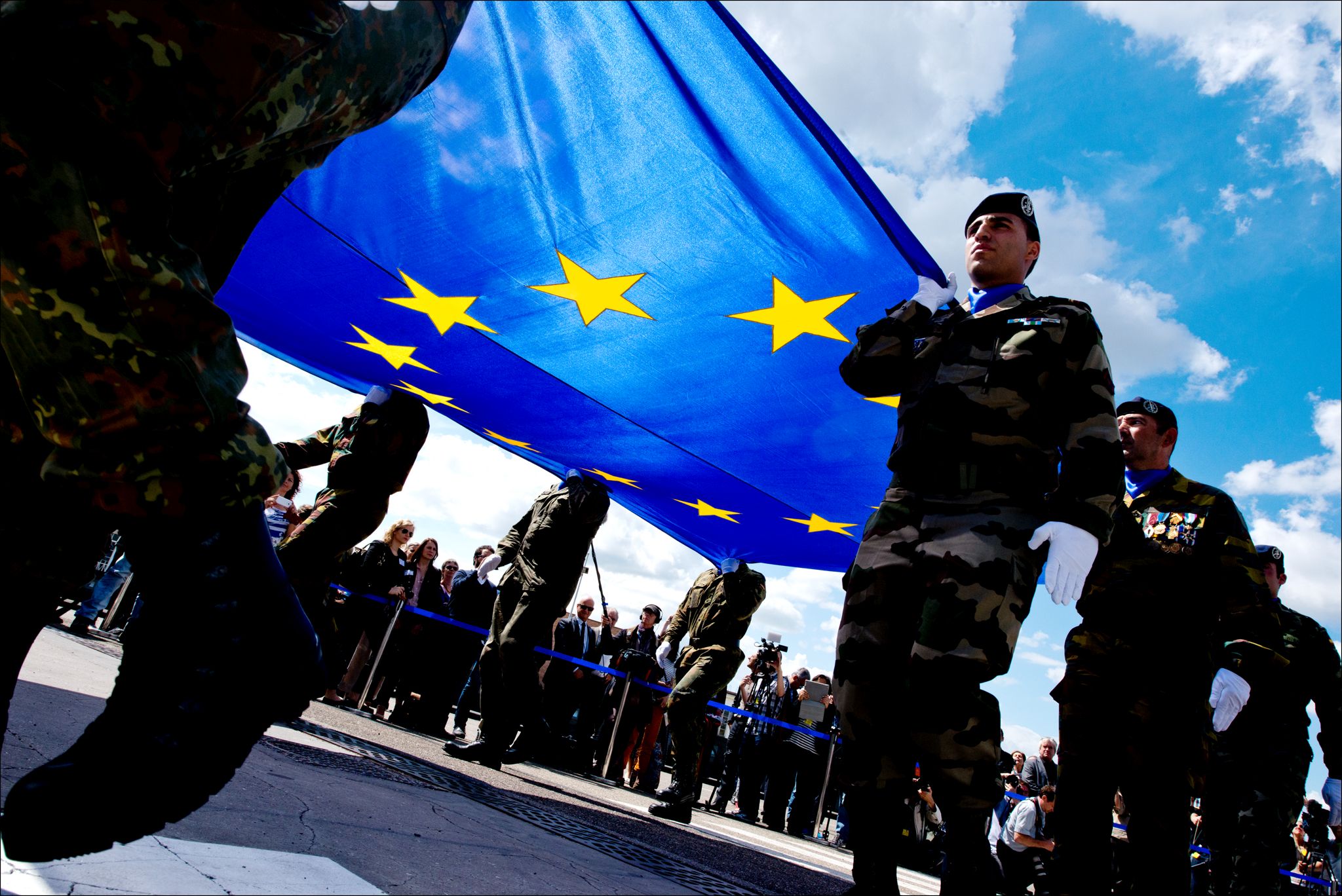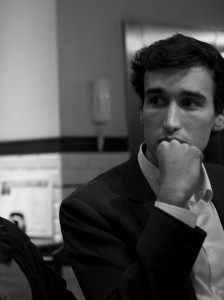Much has been written about the new president-elect of the United States, and much about his total lack of experience in public office. Less remarked upon, however, is that Donald Trump has also never served in the armed forces, something regarded in times past as an alternative accolade of respectability for presidential candidates. Most famously, Dwight Eisenhower succeeded Harry Truman in 1953 having led the Allies to victory in the Second World War less than a decade earlier. Although he had never held elected office, Eisenhower had been fundamental to the transatlantic security system constructed after 1945. Congressional or military experience may have helped ensure that every leader from Franklin Roosevelt to the present felt at least some obligation to European stability. Trump, manifestly, does not.
In years past, European progressives may have cheered the prospect of an incoming American president casting public aspersions on NATO and the geopolitical order it supports; indeed, opposition to Reagan’s militarism is part of the founding myth of the German Green movement. Today, however, the mood is very different. Trump has already shown himself sympathetic towards Vladimir Putin’s expansionism, while also questioning whether smaller NATO members have truly earned the right to automatic Article 5 protection in the event of an attack. Foreign policy commentators such as Brendan Simms are already talking about the possibility of a new Russo-American axis of power, in which the two historic rivals coalesce to carve up the eastern and western hemispheres between them.
What does this mean for Europe? A Trump presidency is an outcome so extreme that it was unthinkable until even a few months ago, but victory for The Donald only clarifies security issues that were already swelling on the horizon. NATO’s raison d’être has been unclear for some time. A military alliance of capitalist democracies looks increasingly antiquated in a multipolar world notably lacking in communist dictatorships, and it is therefore far from obvious why North America should continue footing the bill for European security. Years before Trump made his grand entrance Barack Obama had already announced a US tilt towards the Asia-Pacific, and prioritised the Trans-Pacific Partnership for that purpose. Despite the stark difference between the two men, their relative lack of interest in European affairs is something they have in common.
European reticence about an active defence policy is historically understandable but no longer sustainable. In particular, Europe’s progressives – many of whom have campaigned against specific military interventions, and NATO in general, for years – must now shelve their opposition. The European project may be the greatest peace process in world history, but we should remind ourselves that it is one underpinned by the security guarantee of Article 5. Everything we have worked for is at stake the moment we become unwilling to take up arms to defend it. And if Washington is no longer willing to support us, then it is time to take matters into our own hands.
We should not give up on our vision of a more peaceful wold, and continue to use all the diplomatic and economic tools at our disposal to pursue it. For now, however, that prospect is a distant one. Putin has already called the West’s bluff twice by invading Georgia and Ukraine with impunity, and with Trump soon to be ensconced in the Oval Office there are fewer and fewer reasons not to expect tanks rolling over the border to Poland and the Baltics. Europe can longer afford to be squeamish about its shared security. We need a much stronger Common Security and Defence Policy, backed by proper European armed forces.
Crucially, these efforts require bipartisan support and input from socialists, liberals and greens as much as from Christian democrats and conservatives. Shared security is one thing upon which Europe, riven by a thousand divisions, can surely agree. A policy to defend democracies against the appetite of a reactionary, authoritarian empire – what could be more progressive than that?
You can download the article PDF here.
James Bartholomeusz (1992) is from the United Kingdom and is a policy officer at the Project for Democratic Union.


